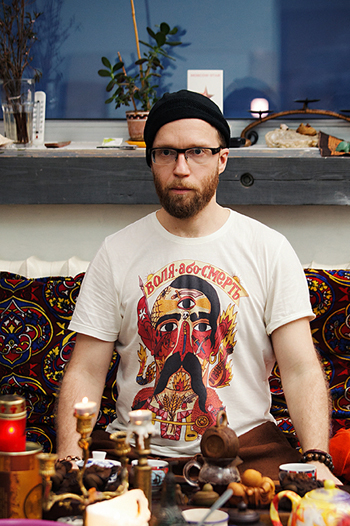Uphill battle of Chinese tea in Russia
The Chinese tea in Russia is not a novelty. Tea from the Middle Kingdom first reached tsarist Russia in the 16th century via the ancient Silk Road. However, as history unfolded, the Indian tea gradually held sway over the market leaving its Chinese counterpart behind by offering lower prices and greater accessibility to tea products.
The modern period for the wider Chinese tea trade in Russia began around 1990s after the Soviet Union collapsed. Before, the Soviet people enjoyed dark tea from India, having tea breaks at work, drinking tea at home after the main meal accompanying it with a dessert. Nowadays, as China’s role in international affairs continues to grow along with its influence, Russians developed a greater interest in their closest neighbor, its culture, language and business with China. Chinese tea culture marked its comeback to the market of Russia and gained popularity among the tea lovers. However, quality tea from China still comes at a very high price and only a few people, genuine tea lovers, can afford it. During the current tough economic times, both tea traders and tea connoisseurs are now in a difficult situation, but none of them want to part with their habit of drinking good Chinese tea. For many of them, Chinese tea has gone far beyond just a business deal, it has became their life philosophy, a way to learn China and an inseparable part of their everyday living.
Turning hobby into business
Chinese culture is rich and its aspects are interconnected. For instance, through practicing martial arts one can learn not only fighting stances, sometimes basics of traditional medicine as well as being able to speak some simple Chinese and tell one sort of tea from another, as tea is usually served after the practice. In Russia, Chinese wushu is speedily gaining its popularity. Denis Kryuchkov, a resident of Moscow, discovered his way to Chinese tea trade through practicing martial arts in the remote 90s. Back then he founded a teashop called “Red Dragon” that specialized in Chinese tea, it still functions today. As Denis puts it, it was impossible to get a quality Chinese tea at that time, and while being away on wushu practice sessions in Beijing, he used this chance to buy good tea and bring it to Moscow for his friends and family. At first, he didn’t view it as a source of income, it was merely a hobby. But from 2012 his hobby started generating revenue, so Denis was quite optimistic about filling the vacant niche market of Chinese tea in Russia.
|
 |
|
Denis Kryuchkov at his tea shop.[Photo provided by Anastasia Sukhoreskaya] |
At the same time, in the 90s, Chinese tea clubs began to spring up major in Russia cities. Alexander Zhiryakov, a tea entrepreneur and a founder of Laos Tea company, was one of the frequent visitors to a Chinese tea club in Moscow. There he got acquainted with other tea lovers and made a decision to enroll for a two-year Chinese-language training program in Peking University to get closer to China. As with Denis, in the beginning he treated tea as his hobby, but later it turned into business. Now he lives in Laos, China and Russia, preparing different sorts of tea, participates in tea fairs and has written a book on red tea.

























